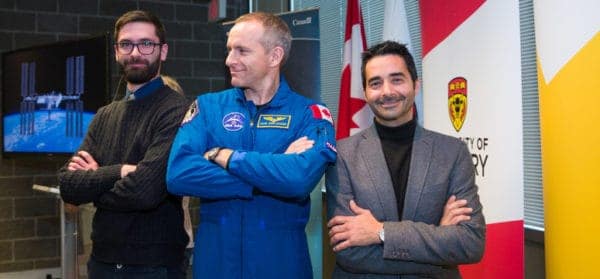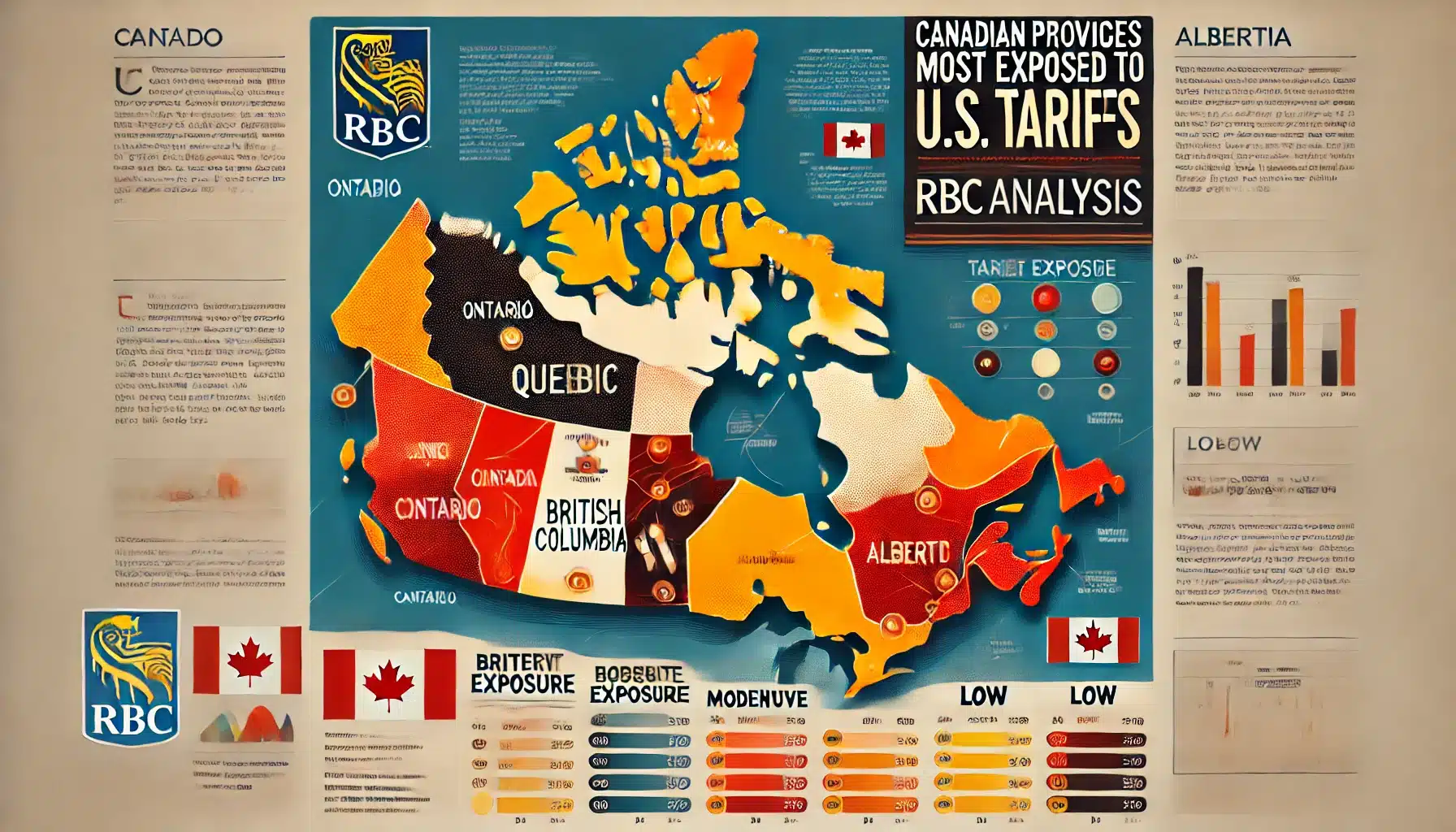

The Canadian Space Agency (CSA) has announced funding for a University of Calgary-led research project to look at the impact of weightlessness on spatial orientation and navigation on Canadian astronauts.
Scheduled to begin in 2018, the project entitled Wayfinding will send 12 astronauts to the International Space Station to study the effects of microgravity on cognitive and neurological functioning both in space and upon the astronauts’ return to Earth.
“The experiment’s findings will help astronauts better prepare for and recover from spaceflight,” says the CSA in a news release, “and will teach us more about the specific contribution of vestibular and proprioceptive information on human wayfinding, and how the brain is responsible for such complex behaviour.”
The weightless conditions of outer space have long been known to be detrimental to astronauts’ physical health, as virtually all of the body’s systems are affected. Time in a weightless environment will cause bone mass to deteriorate, cardiovascular processes to slow down and the body’s fluids to be redistributed, producing eyesight problems, nasal congestion and the pooling of blood in the upper body.
Astronauts can also experience cognitive and psychological impairments such as spatial disorientation and a loss of balance, but overall the impacts of space travel on brain functioning are less understood, says lead researcher Dr. Giuseppe Iaria of the University of Calgary’s Department of Psychology. “No one’s really looked at this before,” says Dr. Iaria. “There have been scientific studies investigating the impact of space travel on the bodies of astronauts, but nothing assessing the impact of spaceflight on brain function and spatial orientation.”
Researchers will conduct brain scans and test the astronauts’ spatial orientation both before and after their time on the International Space Station, in low orbit around the Earth. Canadian astronaut David Saint-Jacques will be participating in the study as a component of his six-month mission on the ISS. “We are the perfect guinea pigs for medical research,” says Saint-Jacques. “If I can contribute to medical research and help save lives ultimately down the road, come up with the cure for something, that would be a great privilege.”
Research on the effects of being in outer space is becoming more of a focus for space agencies, as plans ramp up for longer duration space travel. Recently, U.S. President Barack Obama spoke on the topic of the nation’s goal of “sending humans to Mars by the 2030s and returning them safely to Earth, with the ultimate ambition to one day remain there for an extended time.”
Yet scientists are still very much in the dark on the expected impacts on people’s bodies and minds of extended space travel. A recent study involving rodents exposed to levels of radiation similar to what astronauts might face over the course of a six-month trip to Mars found that the rodents experienced brain inflammation, damage to brain cells and cognitive impairments.
Astronauts heading to Mars or other destinations will be faced with solar radiation in the form of X-rays and ultraviolet rays and cosmic radiation from deep space, both forms being extremely hazardous to human health. Astronauts aboard the ISS are protected from such radiation, as we here on Earth are, by the Earth’s magnetosphere.
Leave a Reply
You must be logged in to post a comment.



 Share
Share Tweet
Tweet Share
Share



Comment